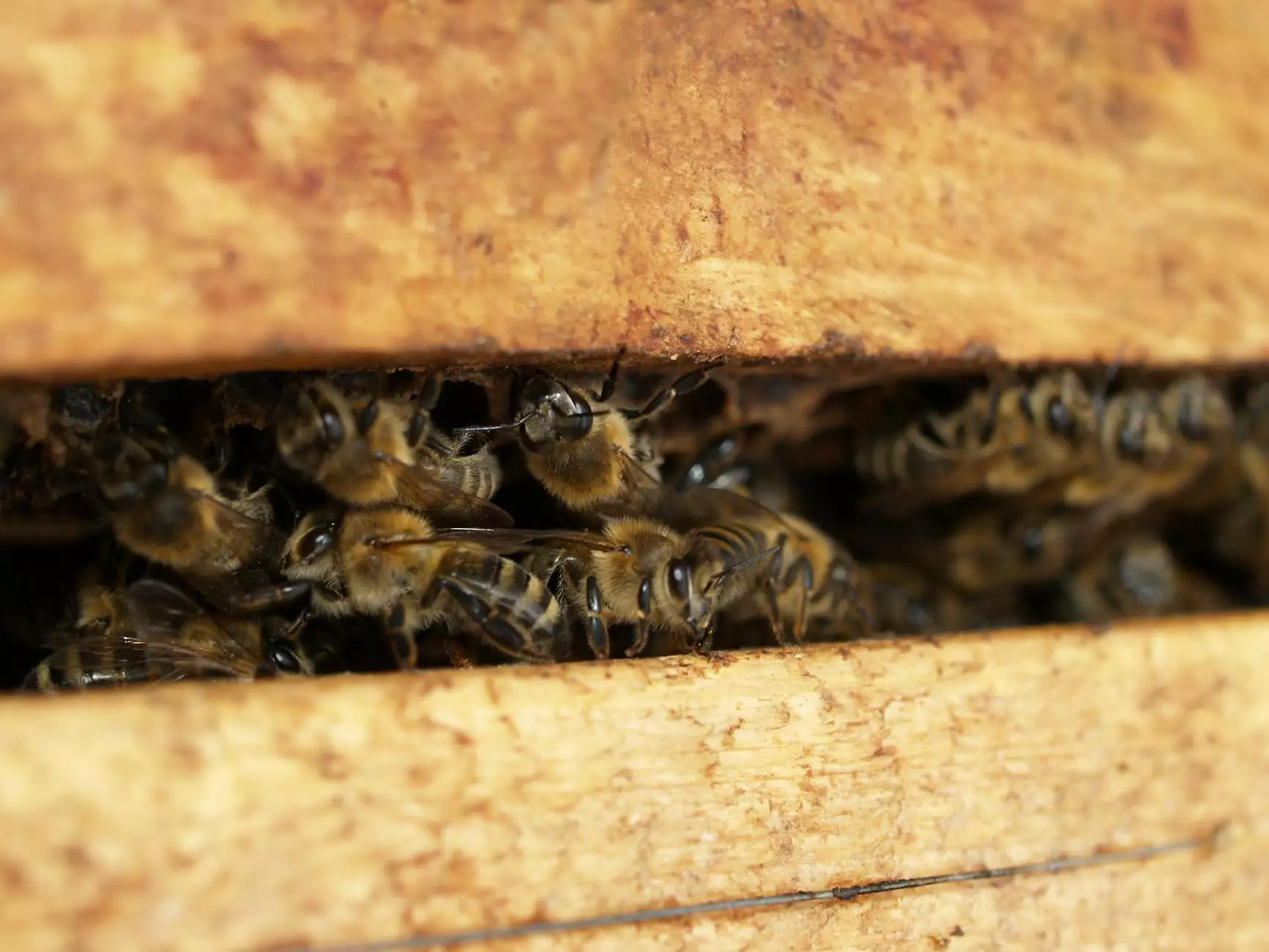The Sustainable Advantage of Charcoal Briquettes from Coconut Shell

As the world continues to seek out sustainable and eco-friendly products, the demand for alternative energy sources has never been higher. One product that has gained significant attention is charcoal briquettes from coconut shell. These briquettes are not only a renewable energy source but also present a lucrative business opportunity for entrepreneurs willing to venture into the green economy. In this article, we will explore the many facets of charcoal briquettes from coconut shells, including their production process, benefits, market potential, and how businesses like Stary Timbers can leverage this opportunity.
What Are Charcoal Briquettes from Coconut Shell?
Charcoal briquettes from coconut shell are produced by carbonizing the shells of coconuts, which are often considered agricultural waste. This process converts the raw material into charcoal, a highly porous material that burns efficiently and provides substantial heat. Due to its natural origin, charcoal from coconut shell is favored for barbecuing and cooking, making it a popular choice for both household and commercial use.
Understanding the Production Process
The production of charcoal briquettes involves several key steps:
- Collection of Coconut Shells: The first step in producing charcoal briquettes from coconut shell involves sourcing high-quality coconut shells. These are typically by-products from the coconut processing industry.
- Carbonization: The coconut shells are then carbonized at high temperatures in a low-oxygen environment. This process transforms the shells into charcoal while removing volatile substances.
- Grinding: Once carbonized, the charcoal is ground into a fine powder. This powder serves as the raw material for making briquettes.
- Briquetting: The charcoal powder is mixed with binders and then compressed into briquette shapes using a briquetting machine.
- Drying: The briquettes are subsequently dried to reduce moisture content, ensuring they burn cleanly and efficiently.
- Packing: Finally, the briquettes are packaged for distribution to retailers, wholesalers, or directly to consumers.
Benefits of Charcoal Briquettes from Coconut Shell
The advantages of using charcoal briquettes from coconut shells are extensive:
1. Eco-Friendliness
Utilizing coconut shells for charcoal production contributes to a circular economy. Instead of disposing of agricultural waste, businesses can repurpose it into a valuable product, significantly reducing environmental impact.
2. High Heating Value
Charcoal briquettes made from coconut shell have a high calorific value, which means they produce more heat per unit weight than many traditional charcoal types. This efficiency makes them an attractive option for cooking and heating.
3. Reduced Smoke Emission
When burned, coconut shell charcoal produces significantly lower smoke emissions compared to other charcoal types. This makes it ideal for indoor cooking, as it improves air quality and reduces health risks associated with smoke inhalation.
4. Long-Lasting Burn
These briquettes burn longer than regular charcoal, providing a sustained heat output that is particularly beneficial for barbecuing and grilling.
5. Versatile Applications
Beyond cooking, charcoal briquettes from coconut shell can be used in various applications such as air purification, water filtration, and even as a component in environmental remediation projects.
Market Potential for Charcoal Briquettes
The market for charcoal briquettes from coconut shells is on the rise, fueled by the increasing demand for sustainable products globally. As more consumers and businesses turn towards eco-friendly alternatives, the potential for profit in this niche market is significant. Here are several factors driving market growth:
1. Growing Awareness of Sustainable Products
With climate change and environmental degradation at the forefront of global concerns, there is a growing consumer preference for sustainable and eco-friendly products. Charcoal briquettes made from coconut shells align with this trend, making them more appealing to environmentally conscious customers.
2. Expansion of the Hospitality Industry
The hospitality sector, including restaurants and hotels, increasingly seeks sustainable products for their operations. Charcoal briquettes from coconut shell provide a viable option for grilling and barbecuing, enhancing their appeal.
3. Export Opportunities
Countries with tropical climates where coconuts are abundant have a unique opportunity to export charcoal briquettes to markets in Europe, North America, and Asia, where demand is high. This can create substantial economic opportunities for manufacturers.
4. Government Initiatives
Many governments are implementing policies and incentives to promote renewable energy sources and sustainable practices. Businesses producing eco-friendly products like coconut shell charcoal briquettes may benefit from these initiatives through subsidies or grants.
Challenges in the Charcoal Briquette Market
While the market for charcoal briquettes from coconut shells has immense potential, several challenges must be navigated:
1. Quality Control
Maintaining consistent quality in charcoal briquette production is crucial. Variations in raw material or processing methods can impact the final product's quality, affecting consumer trust and satisfaction.
2. Competition
The charcoal market is competitive, with numerous players offering various types of charcoal products. Establishing a unique selling proposition is vital for any business looking to enter this market.
3. Supply Chain Issues
Ensuring a reliable supply of coconut shells is essential for consistent production. Businesses must develop strong relationships with suppliers to avoid disruptions.
Positioning Your Business with Charcoal Briquettes from Coconut Shell
For businesses like Stary Timbers, entering the charcoal briquette market can be a strategic move, especially when aligned with the existing categories of timber merchants and wood suppliers. Here’s how to effectively position your business:
1. Quality Assurance and Brand Building
Focus on producing high-quality charcoal briquettes. Build a brand around sustainability and eco-friendliness that appeals to consumers’ values. Marketing your products as environmentally friendly can enhance brand loyalty.
2. Expand Product Lines
Consider diversifying your product offerings. Alongside charcoal briquettes, you might explore producing other coconut-derived products or eco-friendly alternatives to traditional timber products.
3. Emphasize Innovation
Innovation in production methods and product offerings can set your business apart. Explore value-added products that leverage the benefits of charcoal, such as eco-friendly grilling accessories or charcoal-based filters.
4. Engage with the Community
Engaging in community sustainability initiatives can elevate your brand’s reputation. Consider partnering with local environmental organizations or participating in green fairs to promote your products.
Conclusion
In conclusion, the opportunity to produce and sell charcoal briquettes from coconut shell represents not only a profitable business model but also a pathway towards a more sustainable future. The environmental benefits, coupled with the growing consumer demand for eco-friendly products, create an enticing landscape for businesses willing to innovate and adapt. Companies like Stary Timbers can leverage their existing networks and expertise in timber to tap into this burgeoning market, driving both economic growth and environmental responsibility.
As we move further into the 21st century, embracing sustainable practices in all business aspects will not only benefit the pocketbook but also contribute to a healthier planet. By investing in and promoting products like coconut shell charcoal briquettes, we can drive change and lead the way toward a sustainable future.









